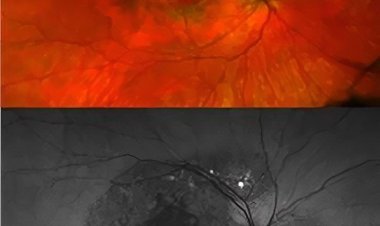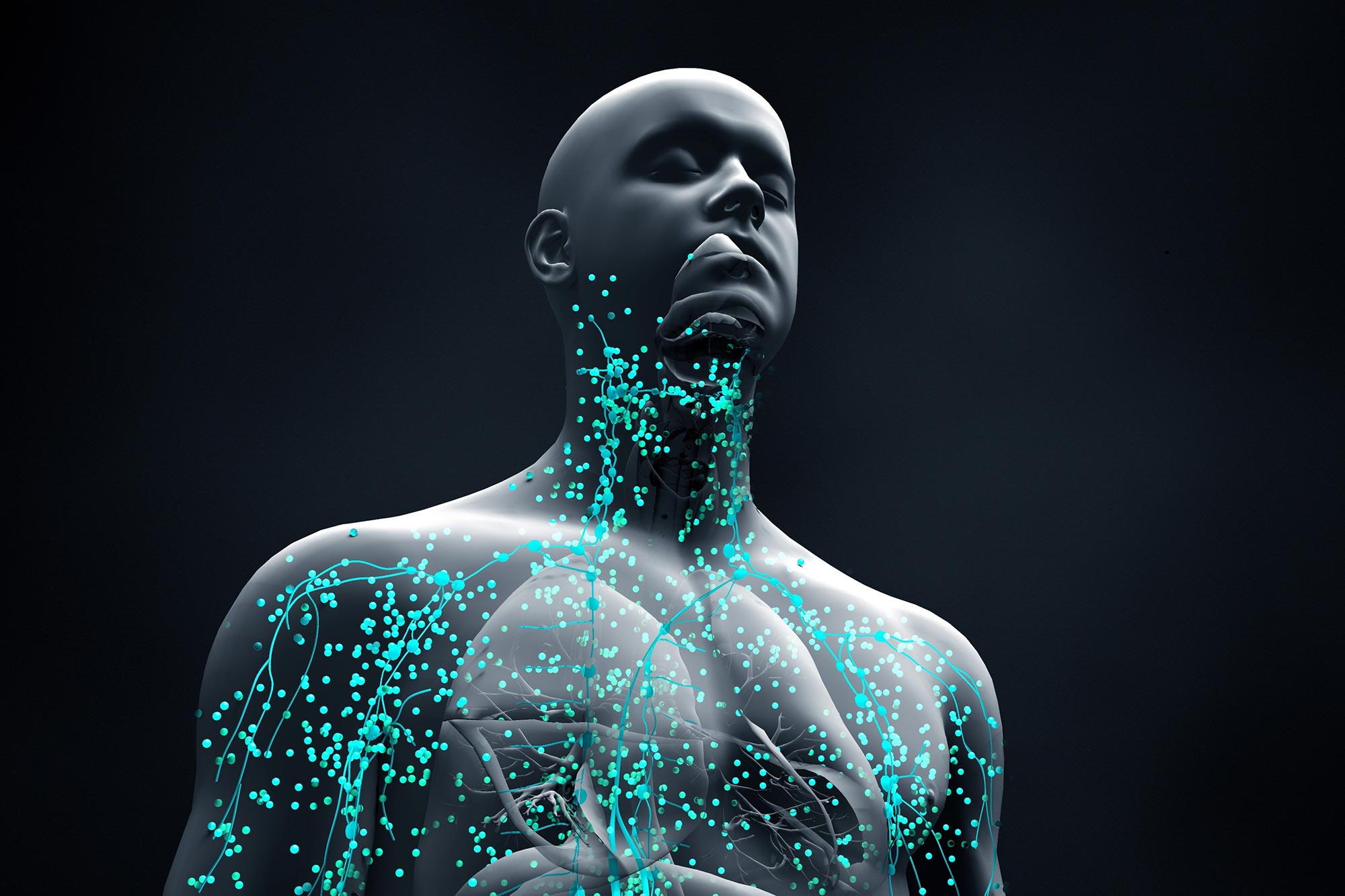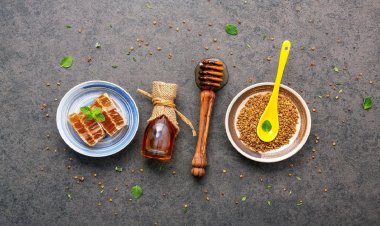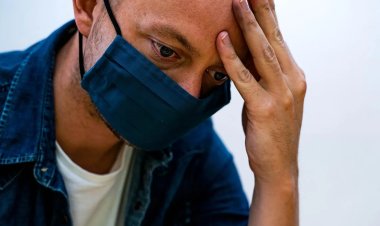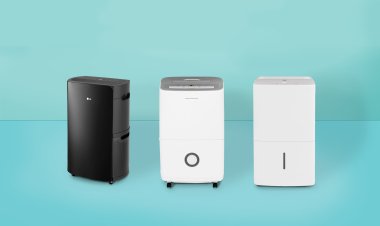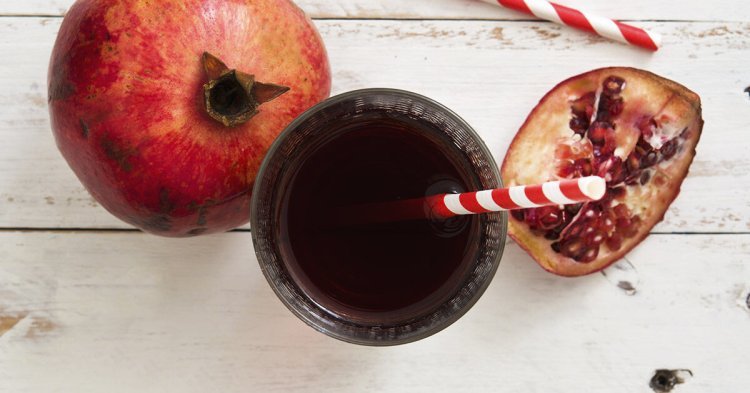What Are the Scientifically-Proven Benefits of Eating Bee Pollen?
Raw honey, royal jelly, bee bread, and even bee venom are bee derivatives that have been used in ancient systems of medicine around the world. Bee pollen is another bee byproduct used historically to treat a range of ailments, boost energy levels and foster resilience to stress.
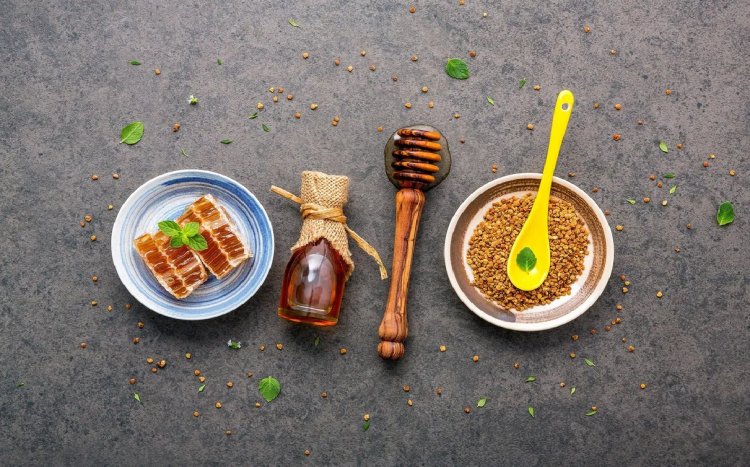
What Is Bee Pollen?
Bee pollen is an edible byproduct of honeybees that is collected from their hives. Its creation begins when bees feed on the nectar of flowers. The bees’ leg hairs pick up flower pollen during the feed. Combining with flower nectar, bee saliva, and honeycomb wax from the hive, the resulting mixture of bee pollen eventually falls off the bees’ legs and builds up along the edges of the hive.[1]
Modern beehives contain pollen traps that allow beekeepers to harvest bee pollen as bees re-enter their hives. Many beekeepers harvest the bee pollen for companies that make the bee pollen supplements found in health food stores. However, some beekeepers sell bee pollen locally before it’s been processed – typically through a drying process that preserves its shelf life.

Bee Pollen Health Benefits
Curious about the medicinal value of bee pollen? Here are the major bee pollen benefits according to today’s scientific literature:
Helps You Combat Stress
Bee pollen has been shown to improve physical homeostasis during high-stress activities and enhance athletic performance.[2] Whether you’re training for a sports event or coping with a high-stress job, bee pollen could prevent you from having a chronic “fight or flight” response.
Lowers Inflammation
Certain plant chemicals, fatty acids, and other compounds in bee pollen all contribute to its inflammation-lowering effect. One animal study found that bee pollen lowered inflammation in cases of edema by as much as 75 percent.

Could Improve Allergy Symptoms
Bee pollen may help relieve symptoms of certain types of allergies by inhibiting the release of histamine in response to allergens. By promoting homeostasis and regulating your immune system’s response in this way, bee pollen could serve as nature’s antihistamine.
Helps Prevent Prostate Enlargement
Research on bee pollen for reducing and preventing prostate enlargement in men is minimal. However, human studies on flower pollen reveal the substance effectively reduces symptoms of prostate enlargement. Since flower pollen is found in bee pollen, it’s possible that bee pollen has similar effects, or potentially preventative effects on prostate health.[3]
Supports Your Cardiovascular Health
In a study on animals, bee pollen was shown to prevent heart attacks with its antioxidant activities.[4] Antioxidants are compounds capable of neutralizing free radicals, which cause cell and DNA damage when unchecked. The body produces antioxidants naturally. However, this production declines with age, and free radical damage plays a role in the development of heart disease. While more research is needed, bee pollen’s rich antioxidant and anti-inflammatory properties could promote better heart health.

How Do You Eat Bee Pollen?
Bee pollen can be eaten in its raw granule form or taken as a pill like other natural supplements. Most bee pollen found in health food stores has been dried, which gives it a harder texture. Bee pollen tastes slightly sweet with a tinge of bitterness. Like honey, it mixes easily with other flavors. You can sprinkle bee pollen into a smoothie or combine it with honey and add it to hot tea. Spread fresh bee pollen on toast with peanut butter or toss some granules onto a salad.
If you’re using a bee pollen supplement, be sure to stick to the recommended dosage written on the package label. A standard daily dose could range from a pinch to a half tablespoon of bee pollen granules or powder.
Side Effects and Risks of Eating Bee Pollen
With some exceptions, bee pollen is safe to consume, even in its raw granule form before processing. It’s important to take precautions when it comes to bee products due to the potential for allergies. Pregnant women, people allergic to bees, and people allergic to pollen should avoid bee pollen.
If you have an allergic reaction to bee pollen, symptoms could range widely. Some symptoms may include swelling, itching, coughing, and breathlessness. To be safe, start with just a trace amount of bee pollen the first time you try it. If you have any adverse reaction, be sure to stop eating bee pollen. Since the long-term effects of bee pollen in higher doses hasn’t been studied, keep your consumption under a tablespoon of bee pollen per day.
Bee Pollen as a Health Supplement
Bee pollen’s effects on human health are still being studied. Findings so far show ancient civilizations were right to use bee pollen to improve inflammatory conditions, protect prostate health, support heart health and reduce symptoms of allergies. There’s always a risk for allergic reaction to bee pollen, which is why you should treat it with precaution if you’ve never tried it.

